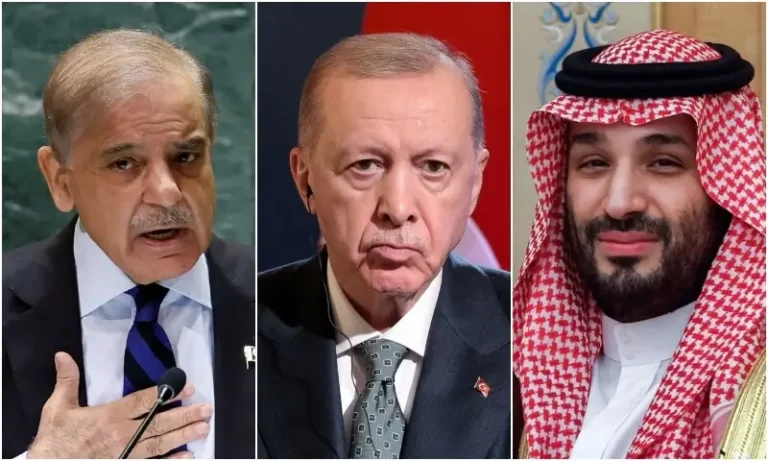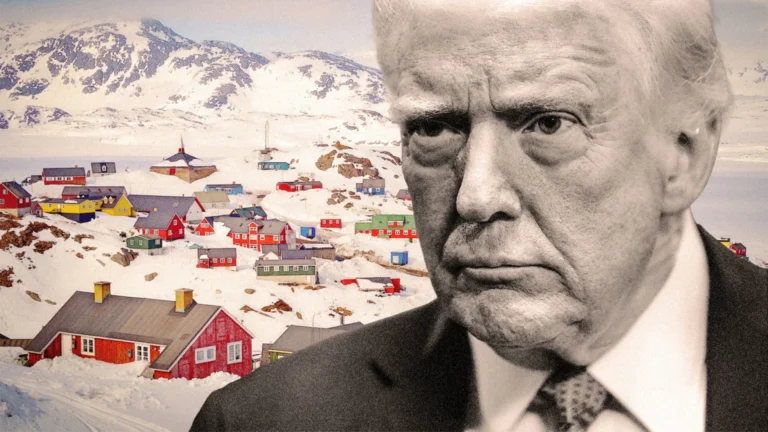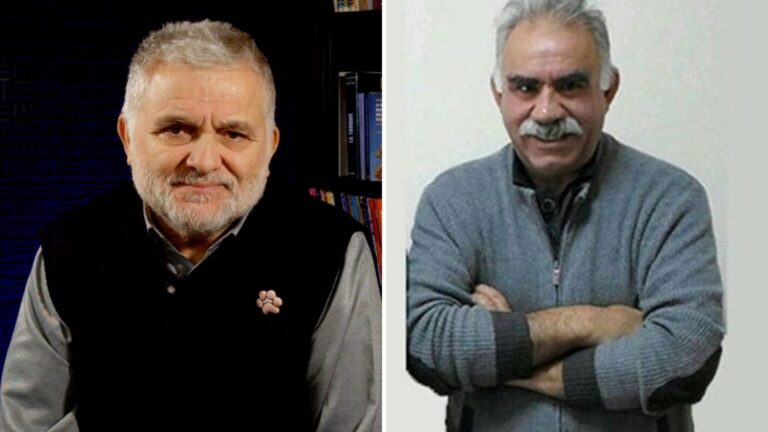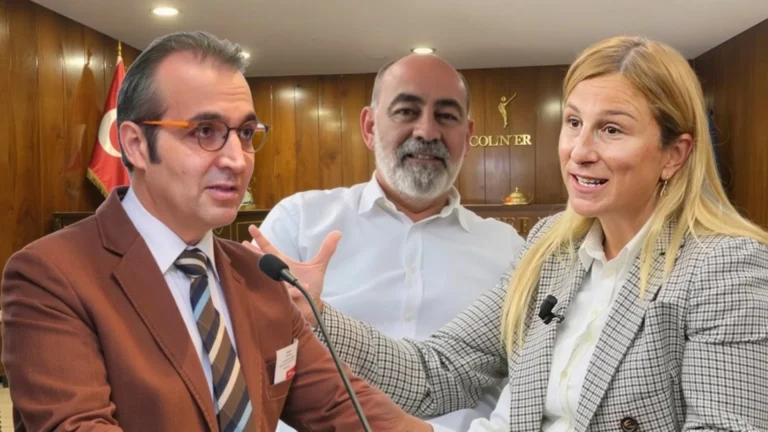Turkey approves Sweden’s NATO accession. Why now? What changed?
The Russo-Ukrainian War has been raging since 2014, initially triggered by Russian-speaking minority oblasts in Eastern Ukraine declaring independence and Russia subsequently annexing Crimea. Nine years later, following a full-blown invasion, Ukraine is painstakingly attempting to reclaim its territory from Russia. The war has imposed heavy costs on both Ukraine and Russia. What Putin initially hoped would be a swift three-day military operation has evolved into a pivotal and potentially transformative moment in Russian history. Consequently, Russia’s military challenges have become even more formidable.
In the weeks following the invasion, NATO has bolstered its strength by welcoming Finland and Sweden into its ranks. However, their accession has encountered obstacles, notably Turkish President Recep Tayyip Erdoğan. Turkey swiftly attracted the West’s attention due to its wavering loyalty to NATO interests. This wavering loyalty was particularly evident in Turkey’s seemingly close yet paradoxically adversarial relationship with Russia. Contrary to suspicions of a Machiavellian strategy to fortify Russia, Turkey’s motivations were notably simpler. The key principle at play was “quid pro quo” – if you seek something from Erdoğan, he inevitably seeks something from you.
Written/Edited/Voiced by: Murat Türsan
Guest: Özgür Ünlühisarcıklı, Director of the German Marshall Fund in Ankara, Turkey













